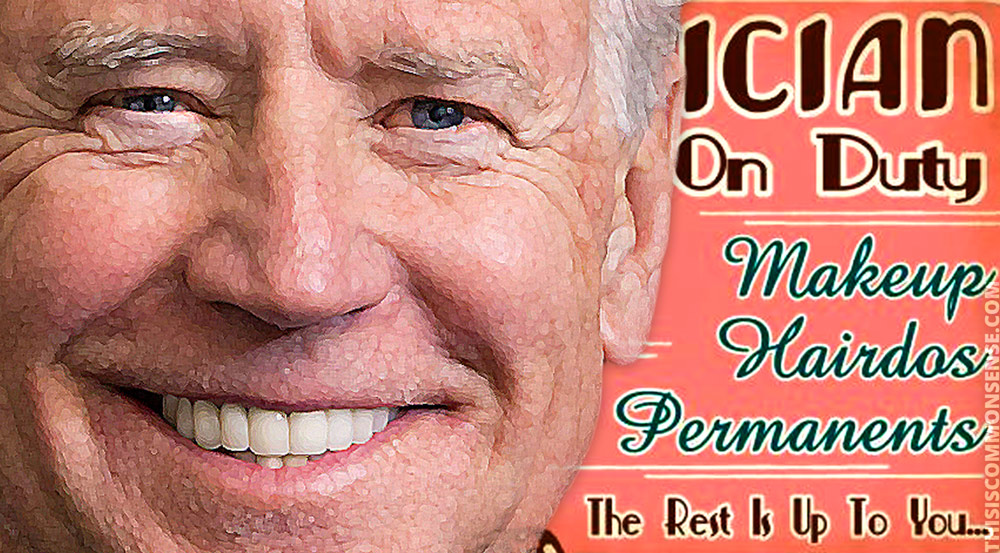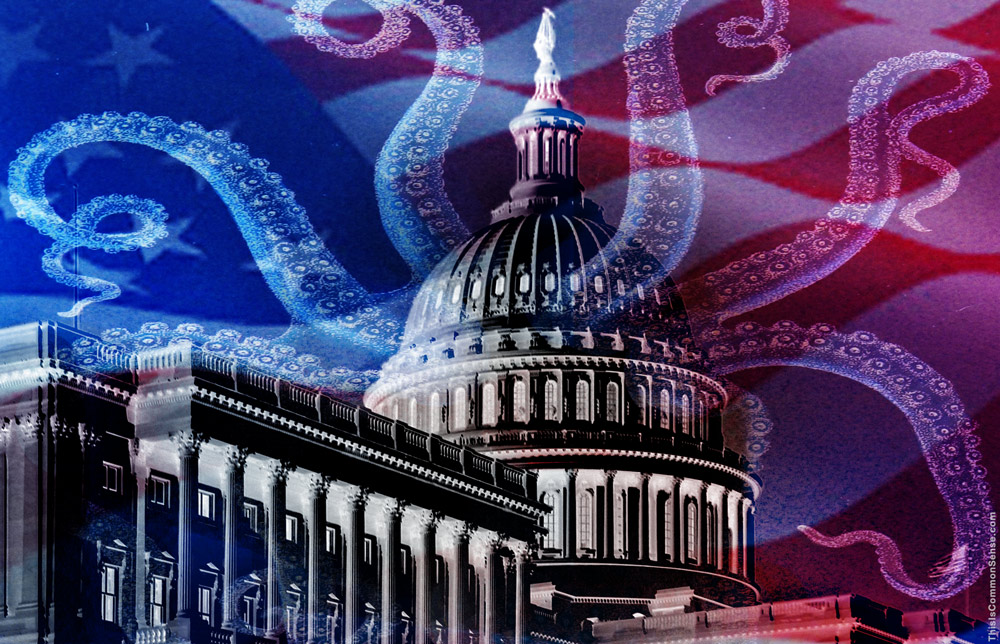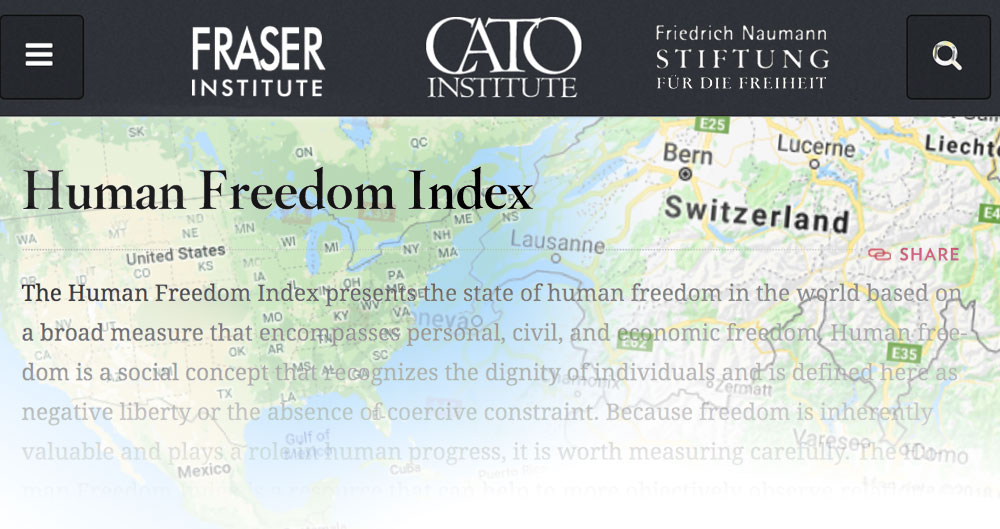Were gun owners expected to roll over and play dead?
After the November 2019 election, Democrats took over the Virginia statehouse. A slew of gun-control bills were soon in the works, including proposals for expanded background checks, a ban on “assault” weapons, limits on magazine capacity, and seizure of legally owned guns if the owner should be deemed “dangerous.”
Defenders of the right to keep and bear arms expect that the precedents lawmakers are working to establish would soon be expanded. And not without reason. After all, many advocates of gun control regard all private ownership of guns as “dangerous.”
In response, more than 100 Virginia counties have passed resolutions declaring themselves Second Amendment Sanctuaries, with many sheriffs voicing their support. In response to the response, the gun grabbers pledge to call in the National Guard if law enforcers don’t grab guns on command.
The state’s attorney general has declared the Second Amendment resolutions null and void.
This sanctuary movement began before November’s election. Indeed, it began elsewhere.
Last January, I wrote about sheriffs in 25 out of Washington State’s 39 counties that have pledged not to enforce a citizen-passed gun control measure while it is being challenged in court. David Campbell, on the board of Effingham County in Illinois, reports that his county was among the first in the country to pass a Second Amendment Sanctuary resolution — in April 2018. Seventy Illinois counties have also passed such resolutions. Kentucky counties are following suit. Locales in Colorado, Oregon, and New Mexico are also on board.
Something has started.
As with state nullification of federal marijuana laws, the story isn’t over: a major constitutional conflict approaches.
This is Common Sense. I’m Paul Jacob.

—
See all recent commentary
(simplified and organized)









 HR 99 resolves that, “the members of the Missouri House of Representatives, Ninety-eighth General Assembly, hereby insist that each member of the Missouri Congressional delegation endeavor with ‘manly firmness’ and resolve to totally and completely repeal the Affordable Care Act, settling for no less than a full repeal.”
HR 99 resolves that, “the members of the Missouri House of Representatives, Ninety-eighth General Assembly, hereby insist that each member of the Missouri Congressional delegation endeavor with ‘manly firmness’ and resolve to totally and completely repeal the Affordable Care Act, settling for no less than a full repeal.”